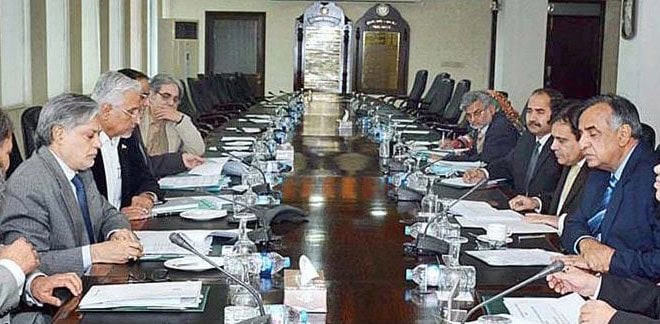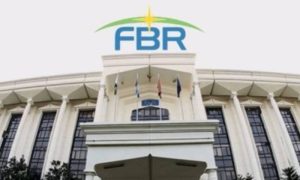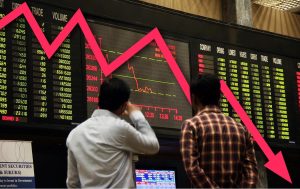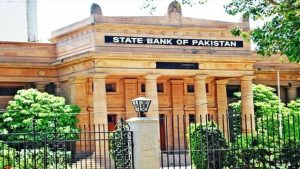KARACHI (Staff Report) – Federal Government has failed to establish an Exim Bank (Export and Import Bank of Pakistan) in the closing financial year 2014-15 which it aimed to set up for boosting up business activities and economy through facilitating them export credit and cost of borrowing on long-term basis.
Sources said State Bank of Pakistan has carried out extensive research work including designing of the framework for setting up Exim Bank in the country however the Ministry of Finance has not taken initiatives on it.
The project has been announced by the Ministry of Finance hence has to decide the fate of the bank which does not need big investment or delays, they said. It is upon the government priority to make the Exim Bank or defer it establishment.
According to the reports, there were some movements on the legal framework on Exim Bank’s establishment which will likely to be visible in the next few months. The bank was supposed to be set up through passage of Act by the parliamentarian but so far nothing substantial was done in this regard.
The bank ideally is helpful to exporters to reduce their credit risk through export guarantees and insurance facilities. It would provide liquidity to exporters and its authorised capital would be Rs100 billion while the initial paid-up capital will be Rs10bn.
Instead the local mega projects are being provided support by Exim Bank of USA and China which honored funding of $55 million for revamping of PIA and $6.5 billion for setting up Nuclear power plant respectively.
In the last Finance Act, the government has taken measures of the banking industry such as implement of paid-up capital requirement of commercial bank which it has been taken besides exceptional cases.
The government decided to reduce mark-up of Export Refinance Scheme and Long Term Financing Facility to encourage textile and different export oriented sectors.
However, following the discount rates of slashed by 100 basis points, State Bank of Pakistan (SBP) has revised the markup rates of different schemes including Export Finance Scheme (EFS) and Long Term Financing Facility (LTFF) by 6 percent and 7.5 percent per annum to be effective from February onwards.
The markup rate for exporters availing financing facilities under Export Finance Scheme (EFS) will be 6.0 percent per annum with effect from February onwards.
It is an irony that export of the country could not cross even $20 billion in the ten months despite of the all out efforts.














